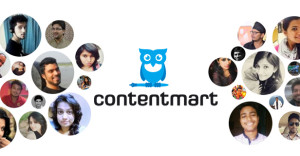
It may not seem like a big deal that your mouth gets a little dry at night. But before you completely dismiss your symptoms and the discomfort that comes along with a dry mouth at night, consider what that lack of saliva could be doing to your oral health and quality of life. What may seem like a little annoyance could be doing big damage to your teeth, so it’s worth talking to your doctor about it. For now, use some coping methods until you can talk to your doctor or dentist about your symptoms and how they might be affecting more than just your ability to swallow.
What’s the Big Deal?
Here’s the thing: What may seem like a little problem can actually have pretty big consequences. Saliva actually plays a large role in oral health, functioning as a way to help you digest food, avoid infection by keeping your mouth clean and even stave off cavities by preventing bacterial growth in your mouth, according to the U.S. Food and Drug Administration. When your mouth is perpetually dry at night, it means that it isn’t producing enough saliva, which can lead to bacterial


